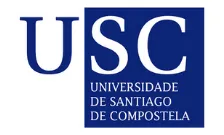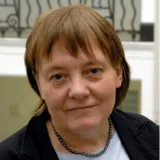Forensic Genetics is concerned with providing data and intelligence to law enforcement in forensic investigations and to civil authorities for geographic ancestry, genetic genealogy and allegations of doping in sport. Essential to any forensic inference is an understanding of the frequency of observations and we are the main provider of repeat and sequence-based marker frequencies relating to the different geographical heritage populations in the UK, being an international leader in massively parallel sequencing.
We are experts in the analysis of complex mixtures and complex kinships and determination of chronological age. The group also provides data and expertise in relation to lineage markers on the Y chromosome and mitochondrial DNA, both being important tools in the analysis of hairs and bones in criminal and disaster investigations and in sexual assault.
We have an interest in analysis of non-human DNA, whether through investigation of breed in our canine research team, or through the complexity of the microbiome in the urban environment. Ethical concerns associated with the use of genetic information is an area of important concern in the group.
Our Partners

Royal Veterinary College

United Nations High Commission for Refugees

Liverpool Women's NHS Foundation Trust

University of Freiburg

University of Santiago de Compostela

MetaSUB

Inside Justice

Verogen

Eurofins Forensic Services

European Network of Forensic Science Institutes

European DNA Profiling Group

International Standards Organisation

British Standards Institute

Government UK



